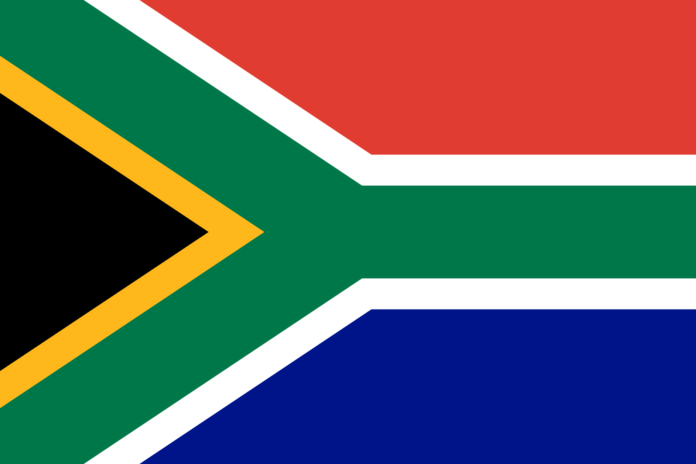South Africa’s polls have officially closed but the Electoral Commission has instructed that people still in the queues to vote by 21:00 local time, should be allowed to vote. Police have been deployed to ensure safety of the process.
It is reported that there were late surges at polling stations in certain urban areas.
With the counting about to begin, all eyes will be on whether the African National Congress (ANC) support will fall below 50% for the first time and the possible coalition which could be formed thereof, despite the lack of clarity in the constitution on how the coalition should be formed.
Should the ANC remain the largest party, all other smaller parties could informally agree to support an ANC government on a vote-by-vote basis in return for some form of concession. The ANC could also enter a formal coalition with one or more parties, including a written agreement outlining legislative plans and the distribution of cabinet posts.
Before the elections, a group of parties, led by the Democratic Alliance signed up to the Multi-Party Charter for South Africa. Should these group of parties get more than 50% of the seats, the formation of the coalition will materialize.
The agreement however does not include the Economic Freedom Fighters (EFF) or the uMkhonto weSizwe (MK) party led by former president Jacob Zuma.
With counting still ongoing, the first results are expected to come in early this morning with the final results to be expected over the weekend.
According to opinion polls, the ANC seems to have lost a lot of support over high levels of corruption, crime and unemployment.
A record 70 parties and 11 independents were running as South Africans are voting for a new parliament and for nine provincial legislatures.
South Africans do not directly vote for a president. They rather vote for members of parliament who then go on to elect the president. Therefore, current President Cyril Ramaphosa is likely to remain in power.
According to statistics by the EC, more than 27 million people were registered to cast their ballots with women making about 55% of total voters.
Stay tuned to Global African Times to receive updates on South Africa’s ongoing elections.
Source: www.bbc.co.uk ,




